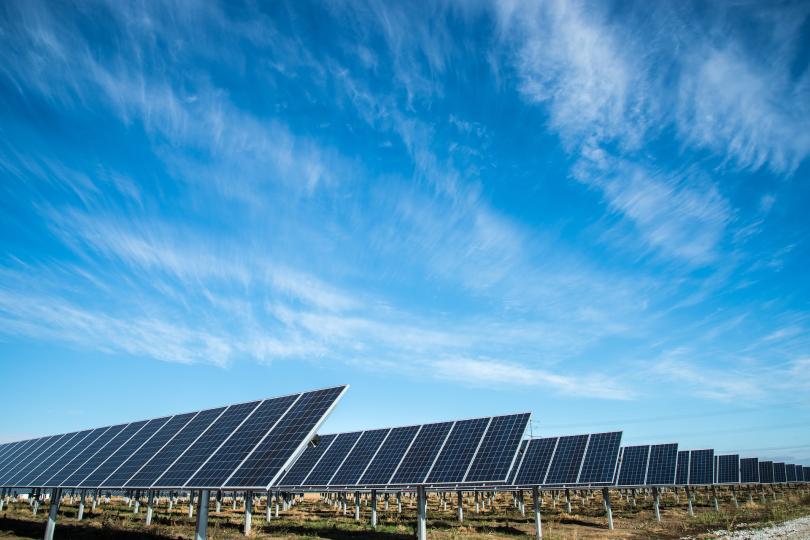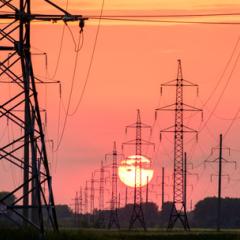Mulvaney quoted on proposal to open public lands to solar companies
Dustin Mulvaney was featured in a story by Inside Climate News: “Public Lands in the US Have Long Been Disposed to Fossil Fuel Companies. Now, the Lands Are Being Offered to Solar Companies.”
The story explores how “as the nation looks to transition to more forms of renewable energy, the country’s millions of acres of public lands could be key, drawing concerns over how local habitats could be impacted.”
Mulvaney was interviewed about the complicated history of the Bureau of Land Management (BLM) and opportunities for development with the least potential for conflict. The following are excerpts from the article.
“Crucial to understanding the BLM, [according to Mulvaney], is that it is a federal agency without a central mission guiding its choices. The BLM’s tasks include conserving lands with natural or cultural significance, providing pastures for grazing, opening areas with valuable underground resources to mining, supporting recreational activities and now, developing plans for solar energy projects.”
“They’re the ultimate muddled agency because of all the different forces pulling it in different directions,” Mulvaney said. “The historic use of public lands by energy industries” has led clean energy companies to say “It’s our turn now.”
“In a 2019 paper Mulvaney co-authored looking at the economic benefit of siting solar projects in California areas where they would have the least impact on other values found that development on private lands, typically on former farmland in the San Joaquin Valley close to already established energy transmission lines, were the quickest to get permitted and cost the least to get done.”
“[T]he least conflict lands, in general, are not on public lands at all.” Mulvaney told Inside Climate News. “A farmer is not going to sue another farmer to not have a project built”, as opposed to a much higher chance of litigation, cost and delay on public lands.
Visit Inside Climate News for the full story.

